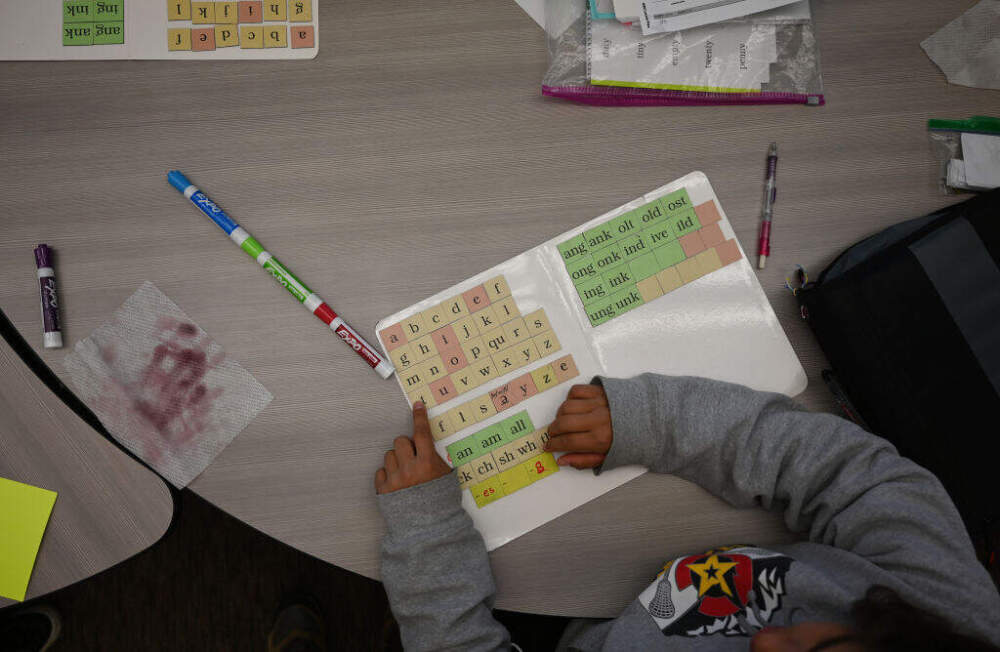While some people might know dyslexia as a disorder that affects children, it can also impact adults. This is especially true if the disorder is not caught when someone is young. Adults with dyslexia may find that it can cause issues in day-to-day life, although the symptoms can change depending on various circumstances.
Adults with dyslexia may develop the habit of avoiding things they have difficulty with. This can lead to not applying for promotions that involve a high amount of administrative work (LoGiudice, 2018). Adult dyslexia can also cause someone to feel frustrated with certain parts of work that include sequential tasks and processes.
Read the guide HERE


